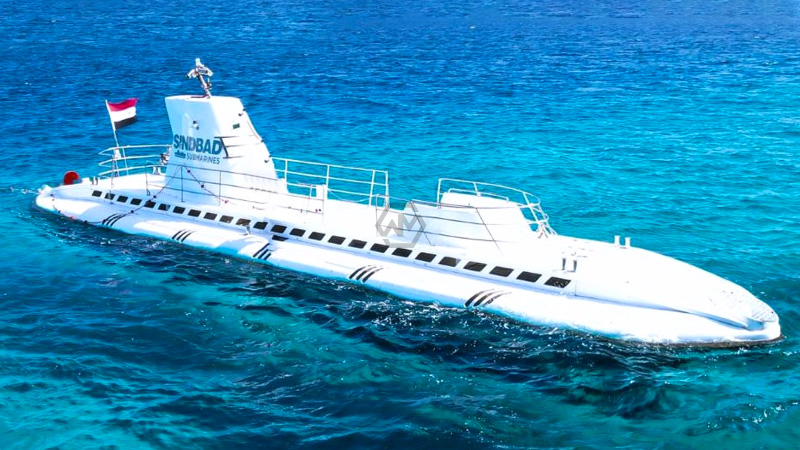- A tourist submarine, “Sindbad,” sank off Hurghada, Egypt, killing six Russian tourists.
- Authorities rescued 39 passengers; 29 sustained injuries, with four in critical condition.
- An investigation is underway as safety concerns rise for recreational underwater tours.
The sinking of the “Sindbad” submarine has sent shockwaves through the tourism industry, particularly in Egypt, where Red Sea excursions are a major attraction.
This tragedy raises serious concerns about the safety of underwater tourism in the region. Operators may now face stricter regulations to prevent such incidents in the future.
Red Sea Submarine Disaster Sparks Safety Concerns
The “Sindbad” submarine, which regularly transports tourists to view the coral reefs of the Red Sea, was carrying 45 passengers when it suddenly sank off the coast of Hurghada. Despite the rapid response of emergency teams, six Russian tourists, including two children, tragically lost their lives.
Eyewitness accounts indicate that the vessel may have begun its dive with its hatches open, potentially leading to the accident. This has prompted renewed scrutiny of safety protocols in underwater tourism, as officials work to determine whether human error or mechanical failure played a role in the disaster.
In response, several tour operators have canceled upcoming submarine excursions in the Red Sea. The incident has also put the spotlight on Egypt’s tourism industry, which heavily relies on international visitors, particularly from Russia. Ensuring stricter safety regulations could be crucial in maintaining confidence among travelers.
Meanwhile, Russian and Egyptian authorities are closely coordinating on rescue operations and investigations. The Russian consulate in Hurghada has confirmed that all remaining survivors have received medical attention, and efforts are ongoing to repatriate the deceased.
This devastating accident highlights the urgent need for improved safety measures in marine tourism. As investigations continue, authorities must enforce stricter regulations to prevent future tragedies.
“Safety isn’t expensive, it’s priceless.” – Unknown



